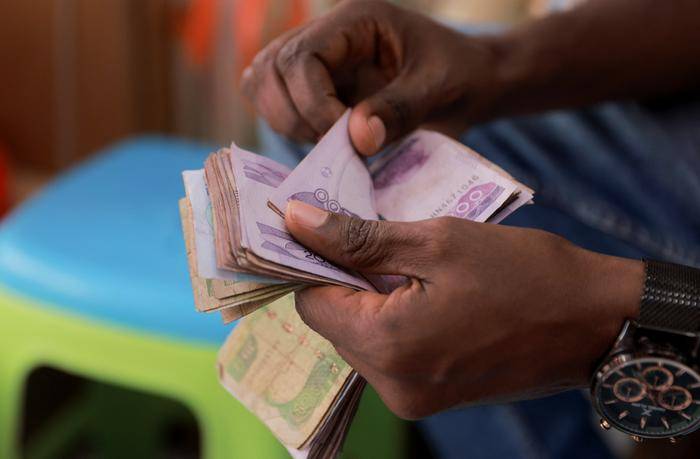Sub-Saharan Africa's Growth Slump: Region Faces Economic Uncertainty
Accra, Ghana - Sub-Saharan Africa's economic growth remains stagnant, sparking concerns about the region's long-term development prospects.
*Key Findings:*
1. *Slow Growth Rate*: The region's GDP growth averaged 3.2% in 2022, below the 5% needed to significantly reduce poverty.
2. *Insufficient Investment*: Low investment in critical sectors, such as infrastructure and education, hinders economic expansion.
3. *Dependence on Commodities*: Many countries rely heavily on exports of natural resources, making them vulnerable to global price fluctuations.
*Challenges:*
1. *Demographic Pressures*: Sub-Saharan Africa's population is projected to double by 2050, exacerbating unemployment and poverty.
2. *Climate Change*: Rising temperatures and extreme weather events threaten agricultural productivity and economic stability.
3. *Debt Burden*: Increasing debt levels limit governments' ability to invest in essential public services.
*Expert Insights:*
- *World Bank*: "Sub-Saharan Africa's growth momentum has slowed, and the region faces significant development challenges."
- *African Development Bank*: "Investing in human capital, infrastructure, and regional integration is crucial for sustainable growth."
*Regional Variations:*
1. *East Africa*: Ethiopia, Kenya, and Tanzania show promising growth, driven by infrastructure development and agricultural investments.
2. *West Africa*: Nigeria's economic recovery is slow, while Ghana and Senegal demonstrate resilience.
3. *Southern Africa*: South Africa's growth struggles, while Mozambique and Zambia face debt and economic instability.
*Way Forward:*
1. *Diversification*: Encourage investment in manufacturing, services, and technology.
2. *Regional Integration*: Strengthen trade ties within the African Continental Free Trade Area (AfCFTA).
3. *Investment in Human Capital*: Prioritize education, healthcare, and skills development.
*Timeline:*
- 2020: COVID-19 pandemic hits Sub-Saharan Africa, slowing growth.
- 2022: Global economic downturn affects commodity prices and investment.
- 2023: Regional growth projections revised downward.
*Sources:*
- World Bank
- African Development Bank
- International Monetary Fund (IMF)
- National statistics agencies
- Economic experts
As Sub-Saharan Africa struggles to break free from slow growth, policymakers must address underlying structural issues and prioritize investment in critical sectors. The region's economic future depends on its ability to adapt and innovate.




No comments yet
Be the first to share your thoughts!